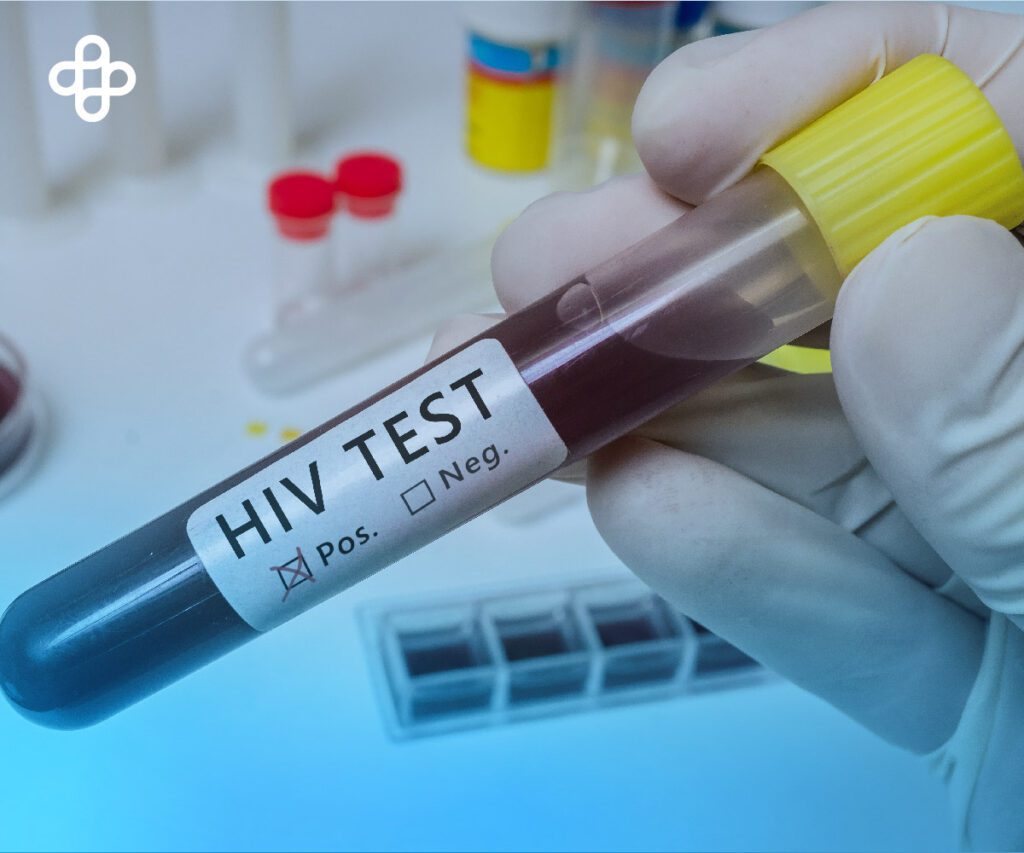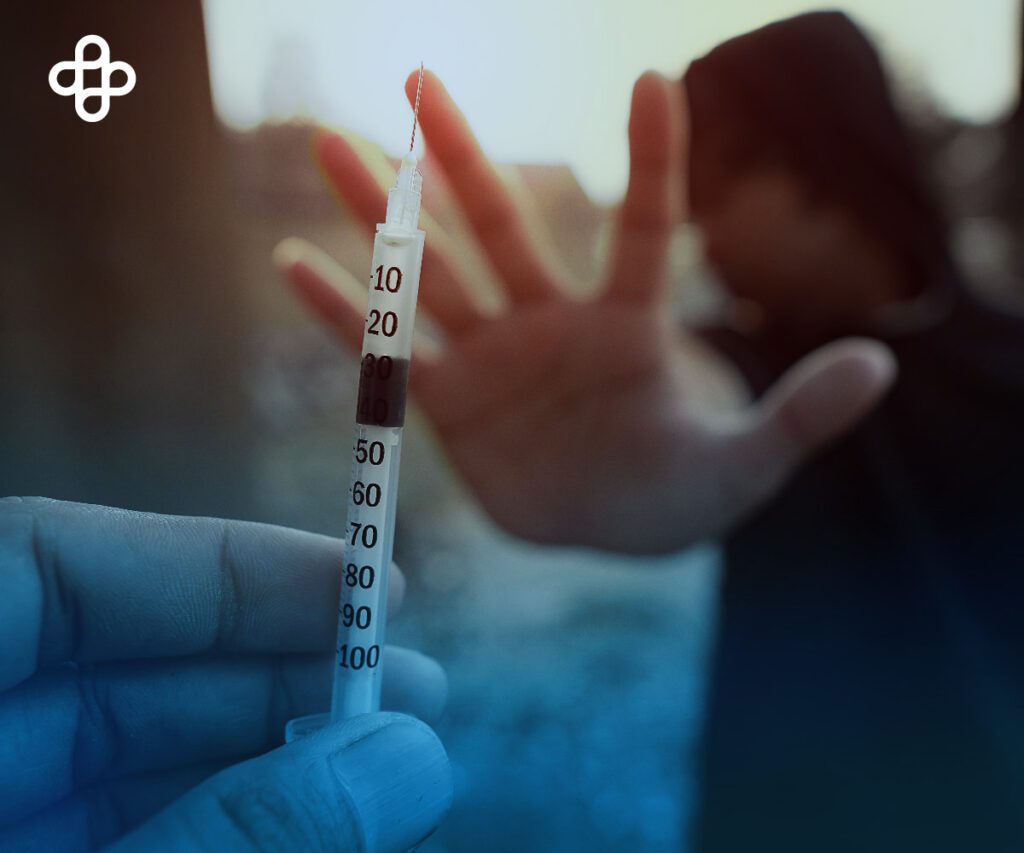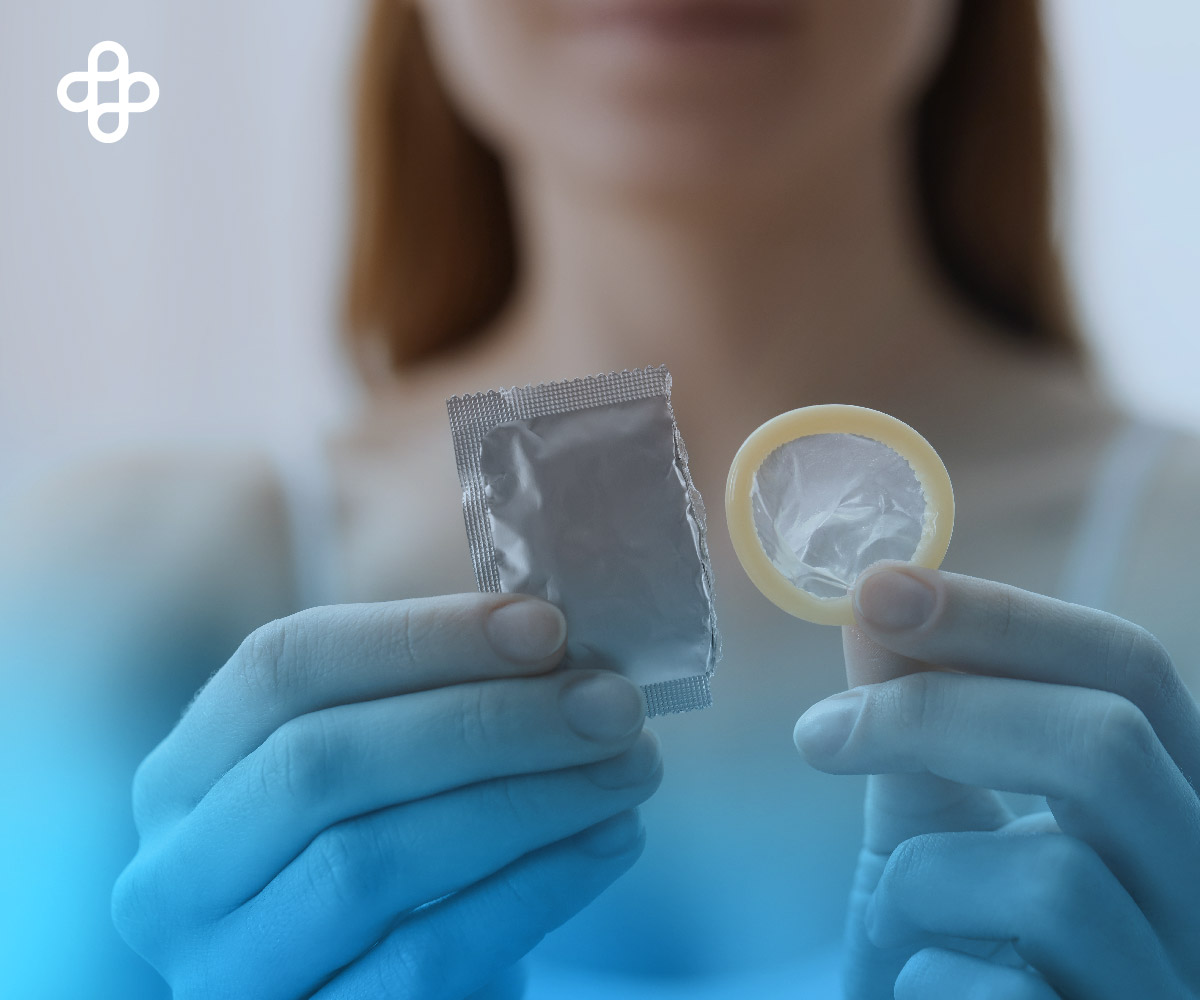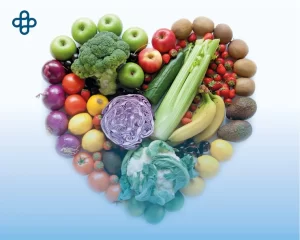HIV/AIDS Prevention: HIV/AIDS is an important topic that we all need to know about to take care of our health. Did you know that we can take steps to prevent HIV and AIDS? This article will discuss how to protect ourselves and stay healthy.
HIV remains a major global public health issue, having claimed 40.4 million [32.9–51.3 million] lives so far with ongoing transmission in all countries globally; with some countries reporting increasing trends in new infections when previously on the decline.
WHO
What is HIV/AIDS?
HIV (Human Immunodeficiency Virus) is a virus that attacks the immune system, which is like our body’s army that protects us from diseases. If HIV isn’t controlled, it can weaken our immune system and lead to AIDS (Acquired Immunodeficiency Syndrome). When someone has AIDS, their body has trouble fighting infections, which can be very dangerous.

How is HIV Spread?
HIV can be spread in different ways, but there are three main ones:
- Firstly, Unprotected Sexual Activities: When two people have sex without using a condom, HIV can be transmitted if one of them is infected.
- Secondly, Sharing Needles: If someone shares needles with an infected person (for example, when injecting drugs), the virus can pass from one person to another.
- Thirdly, From Mother to Child: An infected mother can pass HIV to her baby during pregnancy, childbirth, or breastfeeding.
Prevention is the Key!
The good news is that we can take steps to protect ourselves and prevent the spread of HIV. Here are some important ways to do that:
1. Use Condoms
It’s always important to use condoms when you have sex, even very young! Condoms help prevent the transmission of diseases, including HIV. Remember to use a condom correctly from the beginning to the end of sexual activity.
2. Say “No” to Drugs
Sharing needles is a common way of transmitting HIV. If someone offers you drugs, say “no”! Medications can be very harmful to your health and increase the risk of getting HIV.

3. Medical Testing
If you ever worry that you might have HIV, it’s important to talk to a trusted adult and visit a doctor. Medical tests can determine if you’re infected, and if you are, they can help you get the proper treatment.
4. Education and Respect
Learning about HIV/AIDS Prevention and sharing that information with your friends and family is essential. We shouldn’t judge people living with HIV, as everyone deserves respect and support.
HIV/AIDS Prevention and Kids
Kids can also learn about HIV/AIDS and how to protect themselves. Adults need to talk to kids honestly and understandably about these topics. Here are a few things kids can understand:
- Firstly, Healthy Body: Explain how HIV affects the immune system, but that we can stay healthy with habits like good eating, exercise, and rest.
- Secondly, Not Sharing Personal Items: Teach them not to share personal items like toothbrushes or razors, as these can have tiny amounts of blood and risk their health.
- Thirdly, Saying “No” to Risky Situations: Help them understand that some situations, like using drugs or having unprotected sex, can be dangerous for their health.
Conclusion
To summarize HIV/AIDS Prevention is an important topic for everyone, including kids. Learning how to prevent the virus from spreading and staying healthy is crucial. Remember, protecting our health is everyone’s responsibility. Let’s talk openly, learn, and take care of our bodies and health!
Be sure to visit our article Stem Cells and HIV.





